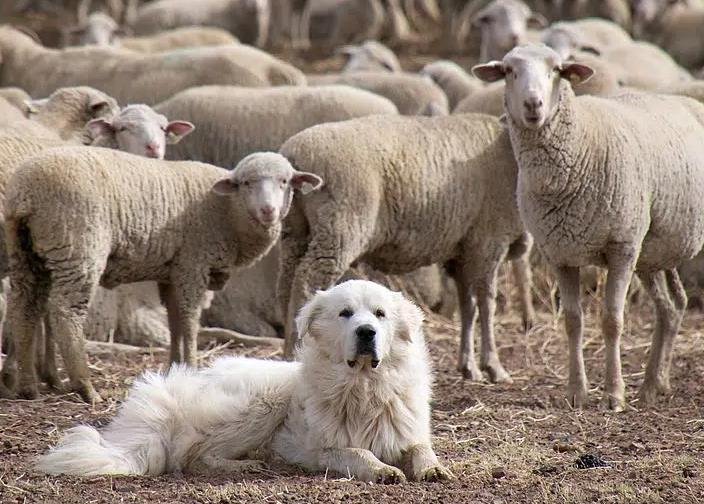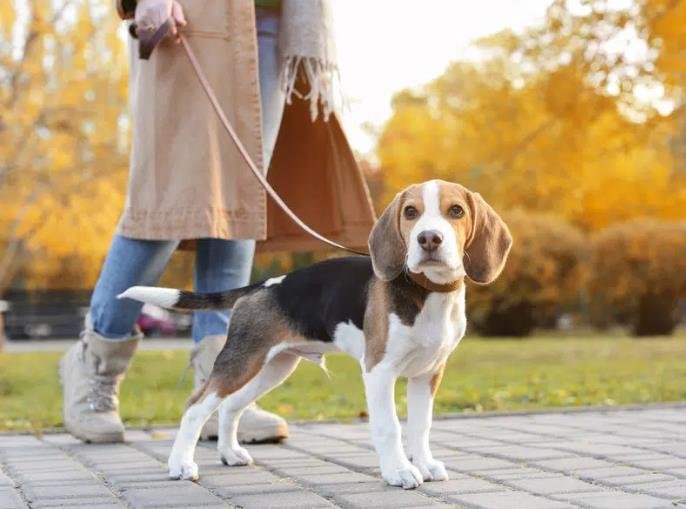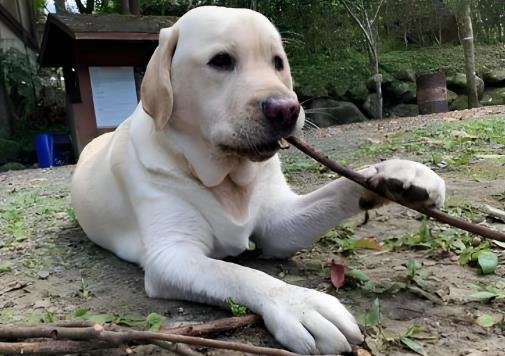Training a Beagle requires a mix of patience, consistency, and understanding their unique personality. Here’s how to train your Beagle effectively:

**1. **Early Socialization: ** Expose your Beagle puppy to various people, animals, and environments from a young age. This helps them develop social skills and reduces the likelihood of fear-based behaviors.
**2. **Crate Training: ** Crate training is beneficial for Beagles as it provides them with a safe space. Choose a crate that is large enough for your puppy to stand up, turn around, and lie down comfortably. Introduce the crate gradually and make it a positive experience by placing treats inside and leaving the door open.
**3. **House Training: ** Beagles are scent hounds and can be stubborn when it comes to house training. Be consistent with taking them out regularly and rewarding them when they relieve themselves in the correct spot. Use positive reinforcement and be patient as this process can take time.
**4. **Basic Obedience Training: ** Start with simple commands like “sit,” “stay,” “come,” and “down.” Use positive reinforcement such as treats and praise to encourage your Beagle to perform these actions. Keep sessions short and fun to maintain your Beagle’s interest.
**5. **Leash Training: ** Beagles can be strong-willed, so leash training is essential. Use a harness and a gentle leader to control their pulling. Reward your Beagle for walking calmly beside you.

**6. **Behavioral Modification:** ** Beagles are known for their strong hunting instincts, which can lead to chasing and digging. Redirect these behaviors with appropriate toys and activities. Teach them to come when called and to leave objects alone.
**7. **Mental Stimulation: ** Beagles are intelligent and require mental stimulation to prevent boredom and destructive behaviors. Engage them in puzzle toys, interactive games, and obedience training to keep their minds active.
**8. **Consistency and Patience: ** Beagles can be challenging to train due to their independent nature. It’s important to remain consistent with your commands and rules, and be patient as they may learn at their own pace.
**9. **Positive Reinforcement: ** Use positive reinforcement techniques such as treats, praise, and playtime to reward good behavior. This will encourage your Beagle to repeat the desired behaviors.
**10. **Professional Help: ** If you encounter significant challenges or your Beagle’s behavior is unmanageable, consider seeking advice from a professional dog trainer or behaviorist. They can provide personalized guidance and support.
Remember, each Beagle is unique, and what works for one dog may not work for another. Be patient, consistent, and always treat your Beagle with kindness and understanding.



